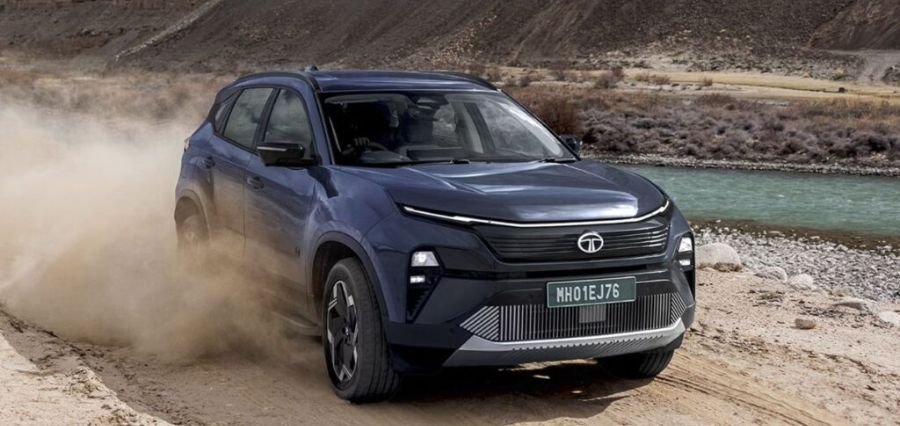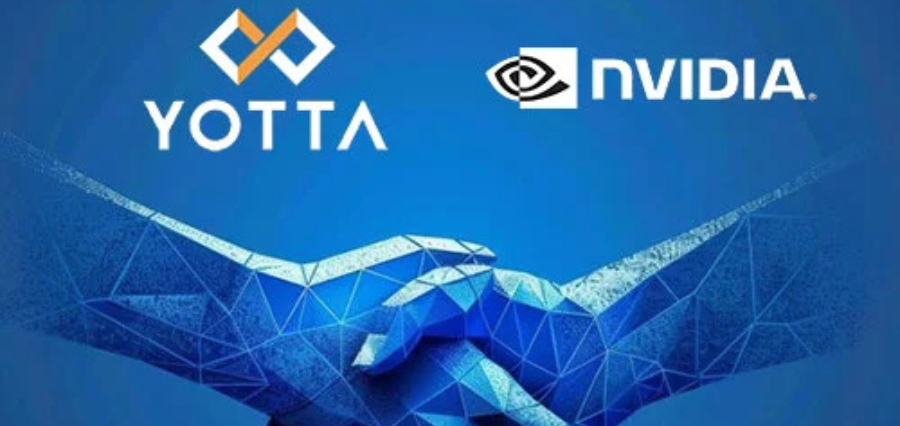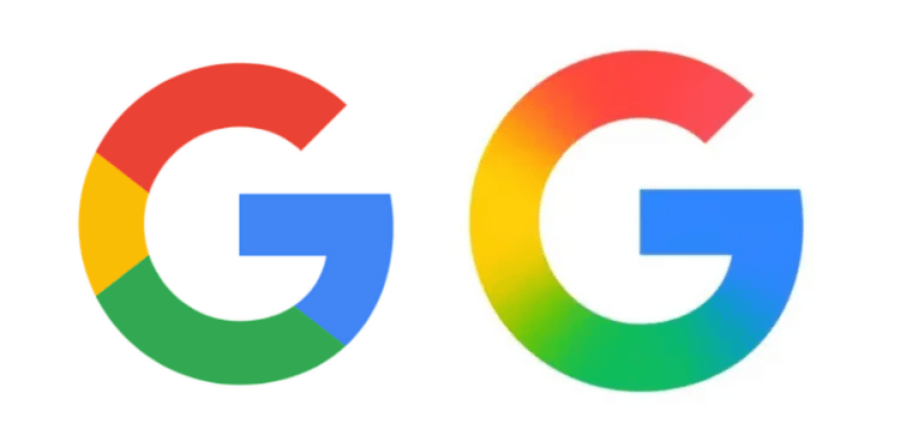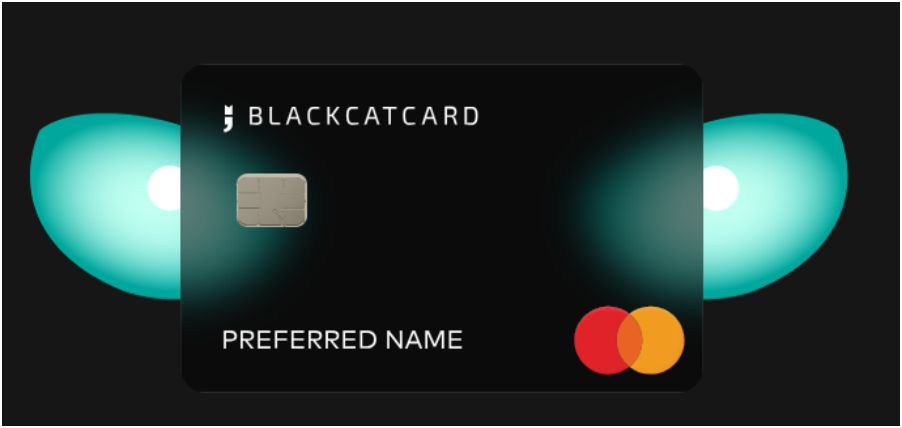The US government has allocated $42 million to advance the development of the 5G Open RAN (O-RAN) standard. This standard enables wireless providers to integrate various cellular hardware and software components, creating a larger market for third-party equipment that is more cost-effective and interoperable. The grant, administered by the National Telecommunications and Information Administration (NTIA), aims to establish an O-RAN testing center in Dallas. The center will demonstrate the effectiveness of the standard as a means to counter Huawei’s dominance in the global cellular network hardware market.
Joe Russo, the president of Verizon’s global network and technology division, endorsed the funding as a means to facilitate “accelerated innovation within an open ecosystem.” In pursuit of the standard’s objectives, Robert Soni, the vice president of RAN technology at AT&T, revealed the establishment of the Acceleration of Compatibility and Commercialization for Open RAN Deployments Consortium (ACCoRD). This consortium, comprising a diverse range of wireless technology firms such as Ericsson, Nokia, Samsung, Dell, Intel, Broadcom, and Rakuten, aims to drive progress in Open RAN deployments.
In 2020, Japanese wireless carrier Rakuten became the pioneer of O-RAN networks. Tareq Amin, the company’s CEO at the time, explained to The Verge’s Nilay Patel in 2022 that Open RAN would facilitate cost-effective network expansions by utilizing smaller equipment rather than large towers—a longstanding promise of 5G.
However, O-RAN goes beyond this; establishing interoperability implies that companies like Verizon and AT&T would not be compelled to procure all their hardware from a single vendor to establish a functional network. For consumers, this translates to accelerated network expansions and “more adaptable networks,” as highlighted by Rakuten.
In the United States, Dish has been developing its own O-RAN network, known as Project Genesis. When former Verge staff member Mitchell Clarke tested it in Las Vegas in 2022, the 5G network was reported to be unreliable and still in its early stages. However, the company announced in June of the previous year that it had achieved its target of covering 70 percent of the US population. Despite these efforts, Dish has faced challenges in becoming a major cellular provider in the US. This struggle led to satellite communications company EchoStar, which separated from Dish in 2008, acquiring the company in January.
Read More: https://insightssuccess.com/



















